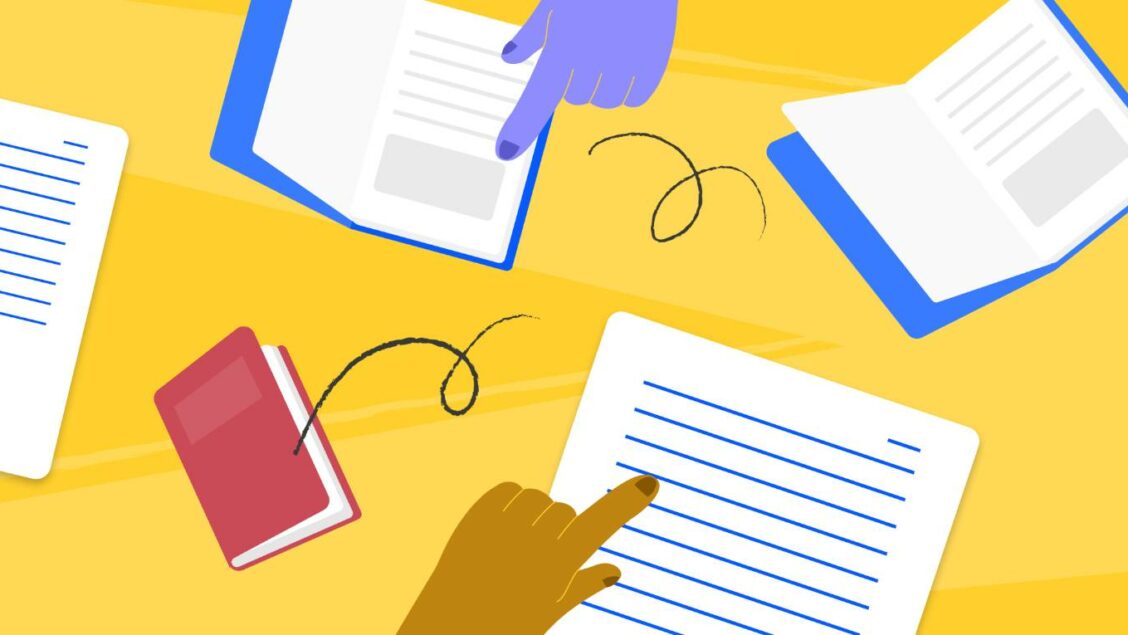This is a guest post by Evelyn Bavier of Berxi.
Let’s face it: as an independent technology professional, insurance is probably not high up on your to-do list.
You’re busy enough juggling projects and networking with potential new clients. But did you know that professional liability insurance can actually be a critical component of your business’ success?
In this blog post, I’ll walk you through the many benefits of having professional liability coverage and help you determine what you need and where to buy it.
Looking to hire the best remote developers? Explore HireAI to see how you can:
⚡️ Get instant candidate matches without searching
⚡️ Identify top applicants from our network of 300,000+ devs with no manual screening
⚡️ Hire 4x faster with vetted candidates (qualified and interview-ready)
Try HireAI and hire top developers now →
Why Buy Professional Liability Insurance?
Also called errors & omissions (or E&O) insurance, professional liability insurance specifically protects your interests if you become the target of a lawsuit that involves your professional services or expertise.
Whether you’re a software developer or a data scientist, lawsuits are filed every day against technology professionals, and the consequences can be costly – even if you’re not ultimately responsible. Here are the top two reasons why you should consider buying an E&O policy for your business:
1. Professional liability insurance protects your savings
For example, if a client claims that they unexpectedly lost thousands of new customers due to your negligent release of a certain new software feature, an E&O policy would help you respond to that claim.
Why is this so valuable? Without E&O insurance, you’d have to use your own funds to look for and hire an attorney, manage your own investigation and negotiations, and pay for any amounts that you end up owing (or agreeing to pay in a settlement) to your client – all out of pocket. It’s not an overstatement to say that attorney fees alone could justify the cost of E&O insurance, since defending a claim can easily cost five figures – if not more.
While the cost of your particular E&O policy will depend on your actual earnings and specialty, an annual E&O policy typically costs around $1,000 for $1,000,000 in coverage claims like this one; if you’re just buying coverage for a shorter-term engagement, that price goes down.
Read More: How to File Taxes for Freelance Work (for US-Based Software Developers)
2. Professional liability insurance can help you meet client requirements
Speaking of specific engagements, did you realize that, in many cases, your client may require you to carry professional liability insurance?
Most clients include this requirement in their standard professional services agreement, so having this type of policy not only protects your bottom line if a dispute arises, but it may also improve your chances of landing the job – or at least make signing the contract faster.
Clients often require this to make sure you’ll have a source of funds to cover potential claims. It’s also worth noting that if you’re seeking to maintain independent contractor status, having your own professional liability insurance can be evidence of that status.
Arc is a radically different remote job search platform where companies apply to you. We feature developers directly to tech companies and startups and help you land a remote job in 14 days.
Sign up here.
What Should I Look for in a Professional Liability Insurance Policy?
Even if I’ve convinced you that buying E&O insurance is an important part of your business, I’m sure you’re not keen on poring over websites and forums to figure out what to look for in terms of coverage.
That said, it’s actually pretty simple. Below are the “must-have” features all E&O policies should contain, as well as all the “nice to haves” that can improve your overall experience and ease of doing business with your insurance company.
Must-Have Coverage Features
At the most basic level, all E&O policies help defray the costs of any lawsuits that stem from your work as a technology professional. However, policies may have different features, so here’s what you’ll want to look for:
- Defense Costs: Coverage must include attorneys’ fees, as well as any reasonable expenses involved in investigating and settling a claim.
- Business Coverage: Coverage should apply to claims against not just you personally, but also your business entity. If you have employees, the policy should extend to them, too. Check that your coverage still applies if you’re sued for the work that a subcontractor performs.
- Additional Insured Coverage: Your client will likely want to be named as an “Additional Insured” – that protects them if they’re sued for work you performed for them. Most policies will allow you to add this coverage onto the policy, some without extra charge.
- Flexible Deductible Options: Professional liability policies have deductibles, just like your auto or home insurance does. You can adjust your deductible to increase or decrease your policy premium.
- Consent to Settlement: Ensure that your insurance carrier won’t agree to any settlement without your consent.
Read More: When Can You Stop Calling Yourself a “Junior” Software Developer?
Nice-to-Have Coverage Features
Look for a policy that will handle the big (and little) bills that come up with claims and disciplinary actions:
- Lost wage reimbursement: If you’re asked to attend a trial, hearing, or deposition to support your defense, you should be reimbursed for lost wages. (You’re a freelancer, so this is especially important if you end up having to miss a day of work – or more!)
- Disciplinary proceeding reimbursement: If you’re investigated by a professional regulatory organization, you’ll want legal coverage and/or reimbursement for the attorney you hire.
What Company Should I Buy My Policy From?
Now that you know what basic features to look for in an E&O policy, how do you decide which insurance company to buy it from? The best advice I can give you is to find a company that’s easy to do business with and that has top-notch financial strength and longevity to pay claims.
Customer Experience
- 24/7 Access: Most companies have a digital presence these days, but not all companies are the same when it comes to self-service features, such as downloading your policy documents directly from their site. It’s also likely that you’ll need to present a certificate of insurance (COI) to your clients, so a company that can do that easily or even instantaneously has a leg up.
- Customer Service Experience: Does the company do the business the way you want to, no matter whether it’s by phone, email, or chat? How responsive are the customer service representatives when you need them?
- Claims Service Experience: If you ever have a claim made against you, you’ll want a company that’s known for handling issues quickly and has an experienced team of claims adjusters to support you. If you’re buying through a third party, such as an insurance agent, ask how claims will be handled and by whom.
Financial Strength
- Insurance Company Track Record: When you shop for a policy, it might not always be clear what insurance company’s backing up the policy financially. Look for this information, and if it’s not obvious, ask!
- Financial Strength Rating: All insurance companies are rated by agencies like A.M. Best and Standard and Poor’s for their financial strength. The highest A.M. Best rating is “Superior,” designated by A+ or A++, and the Standard and Poor’s equivalent is roughly between an “AA” rating up to “AAA.” These ratings signify a company’s long-term financial health and long-term ability to pay claims.
Read More: 8 Great Benefits of Working From Home (A Guide for Remote Developers)
Final Thoughts
Yes, shopping for professional liability insurance can be tedious, but hopefully this post has shed light on the significant financial and business benefits of having a policy backed by a strong insurance company. And, hopefully, I’ve removed any anxiety you might’ve been feeling about what to look for if you do find yourself shopping for an E&O policy. Knowing the basics can help you stay focused in your search, buy the right policy (and from the right company), and get back to work!
To discover more about Berxi’s Liability Insurance for Tech Professionals, click here.
You can also explore HireAI to skip the line and:
⚡️ Get instant candidate matches without searching
⚡️ Identify top applicants from our network of 250,000+ devs with no manual screening
⚡️ Hire 4x faster with vetted candidates (qualified and interview-ready)





